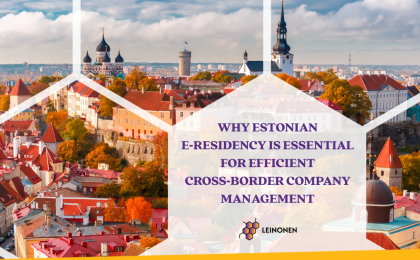Pursuant to the effective act, an employer’s expenses made on transporting employees are not regarded as a fringe benefit only if the use of public transport is difficult due to the time or money required, or if it is impossible for a disabled employee to use public transport or the use of public transport causes a significant decline in his or her ability to move and work. The effective Income Tax Act does now allow an employer to compensate transport expenses without paying tax solely for the reason of guaranteeing the better mobility of employees. At present, an employer is obliged to assess the accessibility of public transport and the employer must be able to prove that the employee would not get to work in a reasonable time and at reasonable cost in any other manner. They will no longer have to prove this as of August if said conditions have been met.
The objective of the amendment is to make the situation easier for employers who cannot find qualified employees close to the workplace, especially in rural areas. The situation should improve, as the employer will be able to compensate for the costs of bus transport in any case without having to pay tax and if a car is used, the place of residence must be at least 50 km from the workplace.




